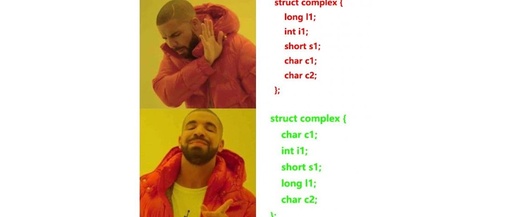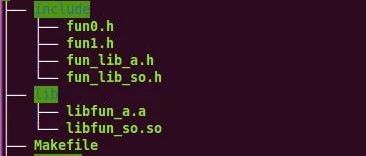Introduction to ARM Bare-Metal Programming and Embedded Systems
Introduction to ARM Bare-Metal Programming and Embedded Systems Getting Started with ARM Bare-Metal Programming: From Zero to Embedded Development Hello everyone, I’m Daodao. Today, let’s talk about ARM bare-metal development. Many beginners feel overwhelmed when they see ARM, thinking it’s particularly difficult. In fact, it’s not; once you grasp the essentials, writing a simple LED … Read more









